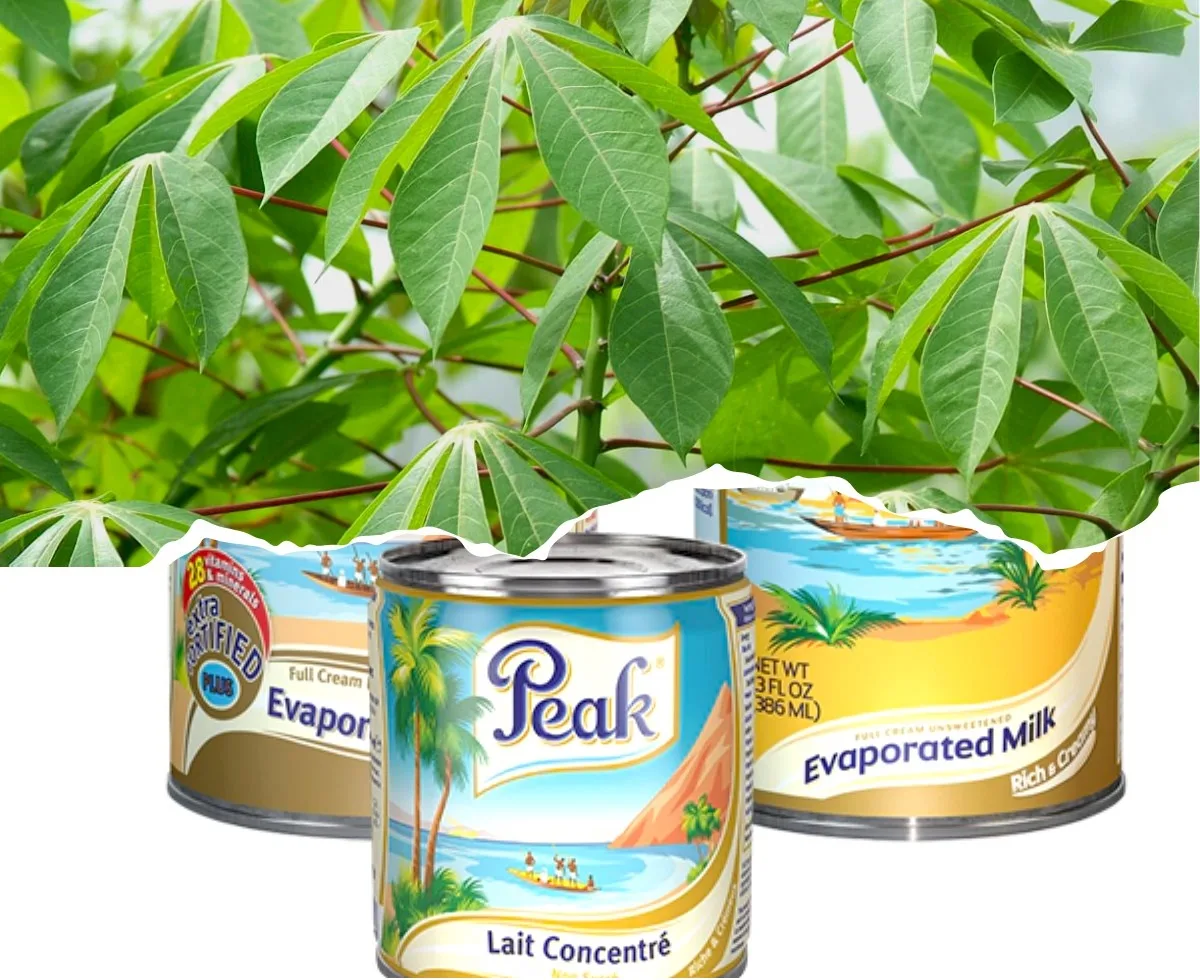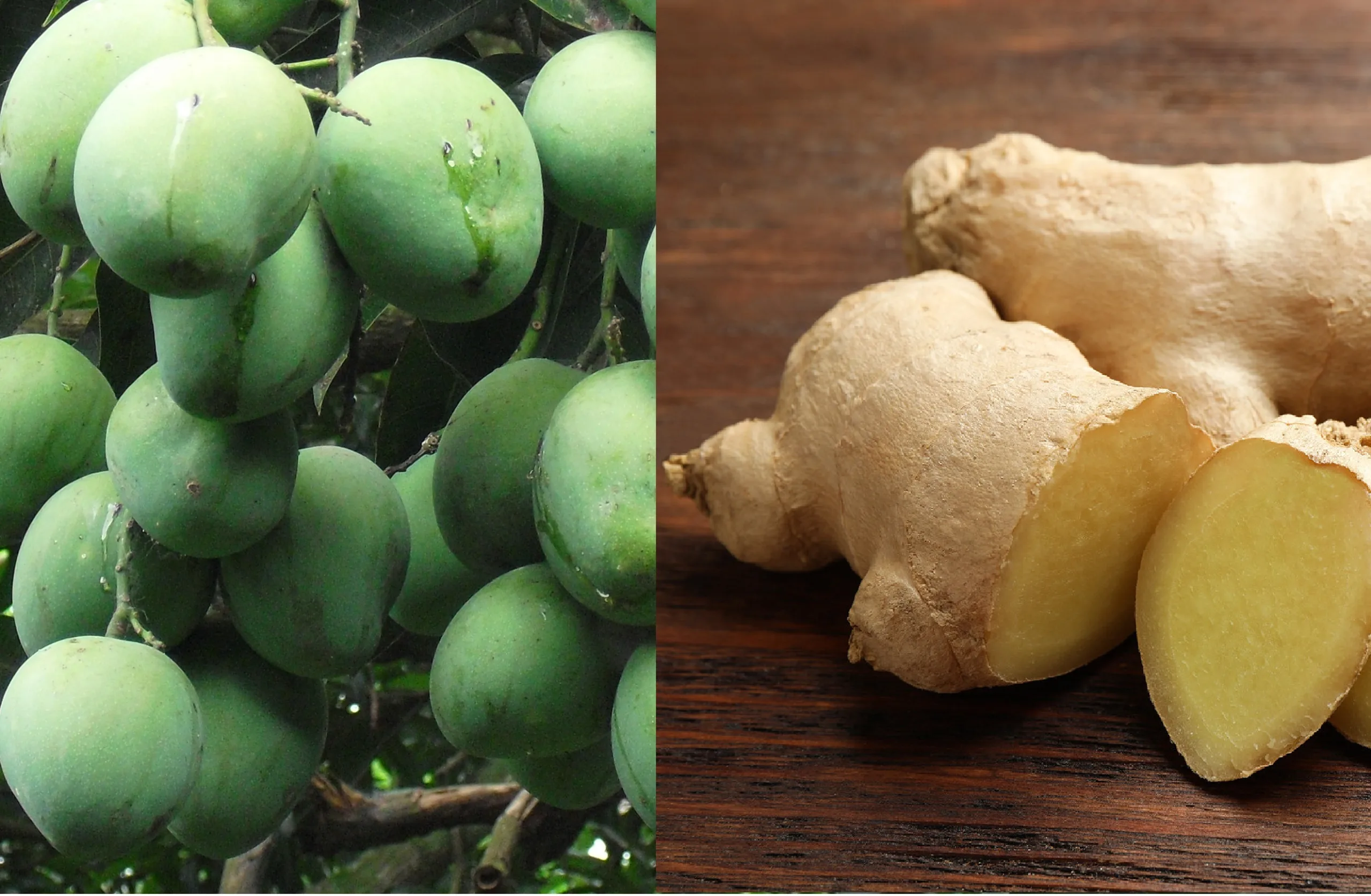Master Your Blood Pressure: The Natural Remedy You Need – Cassava Leaves

Cassava leaves, often overlooked in the realm of nutrition and health, offer a plethora of benefits that can significantly enhance well-being. These leaves are not only rich in vitamins and minerals but also serve as a natural remedy for various ailments, particularly in boosting blood health and managing blood pressure.
Nutritional Profile of Cassava Leaves
Cassava leaves are a powerhouse of nutrients. They contain essential amino acids, vitamins A, B, C, and minerals such as calcium and iron. This rich nutritional content makes them an excellent choice for those looking to improve their overall health. The protein content in cassava leaves can reach up to 25%, making them a valuable addition to a balanced diet, especially for vegetarians and those seeking plant-based protein sources.
Health Benefits
Blood Health
One of the most notable benefits of cassava leaves is their ability to enhance blood health. They are particularly effective for individuals suffering from anemia due to their high iron content. Consuming cassava leaves can help increase hemoglobin levels, thereby improving oxygen transport in the body. This is crucial for maintaining energy levels and reducing fatigue.
Blood Pressure Regulation
The potassium content in cassava leaves plays a significant role in regulating blood pressure. Potassium helps balance sodium levels in the body, which is vital for maintaining healthy blood pressure levels. Regular consumption of cassava leaves can contribute to cardiovascular health by preventing hypertension and promoting overall heart health.
Antioxidant Properties
Cassava leaves are rich in antioxidants, which help combat oxidative stress in the body. Antioxidants are essential for neutralizing free radicals, which can cause cellular damage and lead to chronic diseases such as cancer and heart disease. By incorporating cassava leaves into your diet, you can bolster your body’s defenses against these harmful effects.
Digestive Health
The high fiber content in cassava leaves aids digestion by promoting regular bowel movements and preventing constipation. Fiber is crucial for maintaining a healthy digestive tract and can reduce the risk of gastrointestinal disorders. Including cassava leaves in your meals can enhance your digestive health significantly.
How to Prepare Cassava Leaves
To reap the benefits of cassava leaves, they must be prepared correctly. Here’s a simple recipe to incorporate cassava leaves into your diet:
- Ingredients:
- 5-10 fresh cassava leaves
- 1 liter of water
- 1 peak milk (optional)
- Instructions:
- Wash the cassava leaves thoroughly to remove any dirt or impurities.
- Squeeze the washed leaves to extract their juice.
- Boil the extracted juice with 1 liter of water for about 15-20 minutes.
- After boiling, filter the mixture to separate the liquid from any solid residue.
- For added richness and taste, mix in one peak milk.
- Drink this concoction when feeling fatigued or low on energy.
This simple yet effective remedy not only boosts energy but also enhances overall health by leveraging the nutritional benefits of cassava leaves.
Conclusion
Incorporating cassava leaves into your diet can be a game-changer for your health. With their impressive nutritional profile and numerous health benefits—including improved blood health, better blood pressure regulation, antioxidant properties, and digestive support—they are an excellent addition to any meal plan. Whether consumed as a drink or added to various dishes, cassava leaves provide an easy way to enhance your well-being naturally. So next time you’re feeling tired or run down, consider reaching for some cassava leaves—they might just be the boost you need!

